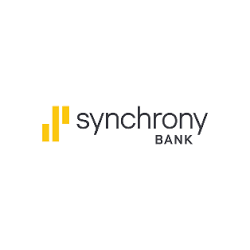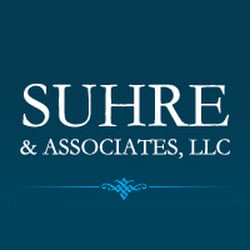 Recording phone conversations without the consent of the second party can lead to the filing of a class action lawsuit under California law, which requires two party consent.
Recording phone conversations without the consent of the second party can lead to the filing of a class action lawsuit under California law, which requires two party consent.
Primary plaintiffs James Kozik and James Elias filed the class action lawsuit against Synchrony Bank for allegedly illegally recording debt collection phone calls. Both lead plaintiffs asserted in the class action lawsuit that they received phone calls from one of the bank’s branches in an attempt to collect a debt. The plaintiffs stated in court documents that a bank representative did not inform them that the calls would be recorded.
The primary plaintiffs charge Synchrony Bank with violation of the California Invasion of Privacy Act (CIPA), which prohibits individuals and companies from recording phone conversations unless all parties agree to have the call recorded. Also referred to as two-party consent, the CIPA provision that addresses unlawful phone call recordings allows plaintiffs to request statutory damages of $5,000 or triple the amount of actual damages.
The class action settlement requires Synchrony Bank to set up a $999,999 fund to cover the awards given to the lead plaintiffs, as well as pay off court costs and attorney fees. Any remaining money goes on a pro rata basis to eligible class members. Synchrony Bank continues to deny the allegations made in the class action lawsuit. However, the company decided to settle the class action lawsuit to avoid the high costs of prolonged litigation.
What You Need To Know About The Synchrony Bank Call Recording California Lawsuit And Settlement
According to class counsel, eligible class members “include California residents who received a phone call between March 27, 2012 and June 16, 2017 regarding collection of a debt and spoke to an agent of Synchrony Bank, who did not have a Synchrony Bank account at the time of the call, and who were not informed at the beginning of the call that the call could be recorded.” Qualifying class members have until October 24, 2017 to opt out of the settlement or dispute any provision of the agreement. The potential award depends on the number of valid and timely claim forms submitted by eligible class members. Claimants who did not receive a letter providing a claim ID and access code should submit their contact information and cell phone number with the submission of the claim form.
The deadline to file a valid claim is October 24, 2017. The judge who presides over the class action settlement case Elias and Kozik v. Synchrony Bank, Case No. BC555883, in the Superior Court for the State of California County of Los Angeles has scheduled the final hearing on December 7, 2017. To learn what transpired at the final hearing, visit the class action settlement website www.EliasClassActionSettlement.com. The class action settlement website also presents the list of attorneys who represent the class and defense counsels.


Leave a Reply